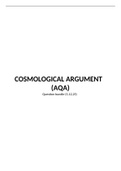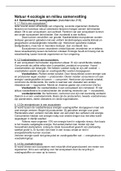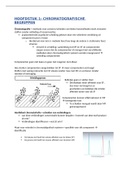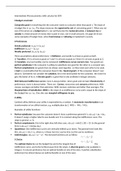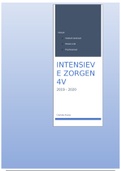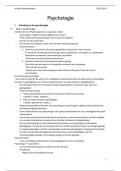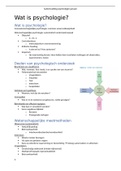(AQA)
Question bundle (5,12,25)
, Exam questions:
1. What is the difference between horizontal and vertical argument?
a. A horizonal argument is one that traces events backwards in time to a first
cause which started the whole chain, e.g Kalams argument, whereas a
vertical cause is one that traces causes and effects upwards to a first cause,
or an unmoved mover sustaining the whole chain even now e.g. Aquinas all
three arguments which argue the existence of God is still present till this day.
2. What is the difference between argument from contingency and causation?
a. There are two types of cosmological argument: from causation and from
contingency. Arguments from causation include Kalam’s argument a
temporal causation, Aquinas first and second way and Descartes argument.
Arguments from causation is as follow: Everything in the universe has a
cause, the universe itself must have a cause, the cause is God (this is the
fundamental principles the argument is grounded in). Arguments from
Contingency include Aquinas third way, and Leibniz’s principle of sufficient
reason which is as follows: Everything in the universe is dependent on
something else, the universe itself must be dependent on something else,
this is God (who is itself necessary)
3. What is Kalam’s argument?
a. Kalam’s argument is an argument from causation, and is a horizontal
argument which looks back in time to seek to explain the beginning of the
universe (hence the reason it’s called an atemporal causation argument). He
uses the causal principles in his argument). Algazali used planets to show how
infinite regress was not coherent, he used the movements of the planets to
show how infinite generated a mathematical paradox.
P1: The universe is composed of temporal phenomena- things that occur and
exist in time- that are preceded by other temporal phenomena that are
ordered in time
P2: An infinite regress of temporal phenomena is impossible (there has to be
a starting point)
C1: Therefore, the universe must have a beginning
P3: Everything that begins to exist has a cause of its existence
C2: Therefore, there is a cause of the existence of the universe
b. The shorter version is as follows, everything with a beginning must have a
cause, the universe has a beginning, therefore universe must have a cause,
the cause of the universal must have a personal cause as science cannot do
this, the personal cause is God
4. What is the strongest and weakest premise in Kalams argument?
a. P3 In Kalams argument is weak as there is science hat shows some nuclear
physics particles originates from no cause, e.g. nuclear fission, whereas P2 is
the stronger premise because science agrees with this, the universe has a


